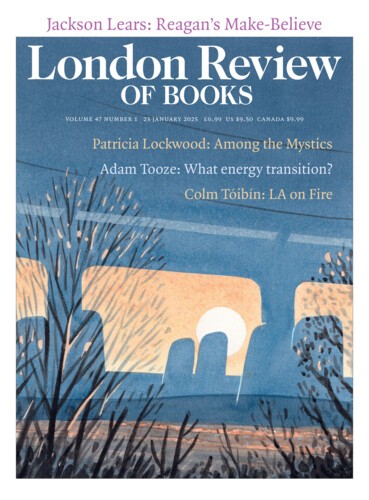Grandfather’s skirts would flap in the wind along the churchyard path, and I would hang on. He often found things to do in the vestry, excuses for getting out of the vicarage (kicking the swollen door, cursing) and so long as he took me he couldn’t get up to much. I was a sort of hobble; he was my minder and I was his. He’d have liked to get further away, but petrol was rationed. The church was at least safe. My grandmother never went near it – except feet first in her coffin, but that was years later, when she was buried in the same grave with him. Rotting together for eternity, one flesh at the last after a lifetime’s mutual loathing. In life, though, she never invaded his patch; once inside the churchyard gate he was on his own ground, in his element. He was good at funerals, being gaunt and lined, marked with mortality. He had a scar down his hollow cheek too, which grandma had done with the carving knife one of the many times when he came home pissed and incapable.
That, though, was when they were still ‘speaking’, before my time. Now they mostly monologued and swore at each other’s backs, and he (and I) would slam out of the house and go off between the graves, past the yew tree with a hollow where the cat had her litters, and the various vaults that were supposed to account for the smell in the vicarage cellars in wet weather. On our right was the church; off to our left the graves stretched away, bisected by a grander, gravel path leading down from the church porch to a bit of green with a war memorial, then – across the road – the mere. The church was popular for weddings because of this impressive approach, but he wasn’t at all keen on the marriage ceremony, naturally enough. Burials he relished, perhaps because he saw himself as buried alive.
One day we stopped to watch the grave digger, who unearthed a skull – it was an old churchyard, on its second or third time around – and grandfather dusted off the soil, and declaimed: ‘Alas, poor Yorick, I knew him well
It was certainly easy to spot him at a distance too. But this was a village where it seemed everybody was their vocation. They didn’t just ‘know their place’, it was as though the place occupied them, so that they all knew what they were going to be from the beginning. People’s names conspired to colour in this picture. The gravedigger was actually called Mr Downward. The blacksmith who lived by the mere was called Bywater. Even more decisively, the family who owned the village were called Hanmer, and so was the village. The Hanmers had come over with the Conqueror, got as far as the Welsh border, and stayed ever since in this little rounded isthmus of North Wales sticking out into England, the detached portion of Flintshire (Flintshire Maelor) as it was called then, surrounded by Shropshire, Cheshire and – on the Welsh side – Denbighshire. There was no town in the Maelor district, only villages and hamlets: Flintshire proper was some way off; and (then) industrial, which made it in practice a world away from these pastoral parishes, which had become resigned to being handed a Labour MP at every election. People in Hanmer well understood, in almost a prideful way, that we weren’t part of all that. The kind of choice represented by voting didn’t figure large on the local map, and you only really counted places you could get to on foot or by bike.
Send Letters To:
The Editor
London Review of Books,
28 Little Russell Street
London, WC1A 2HN
letters@lrb.co.uk
Please include name, address, and a telephone number.



